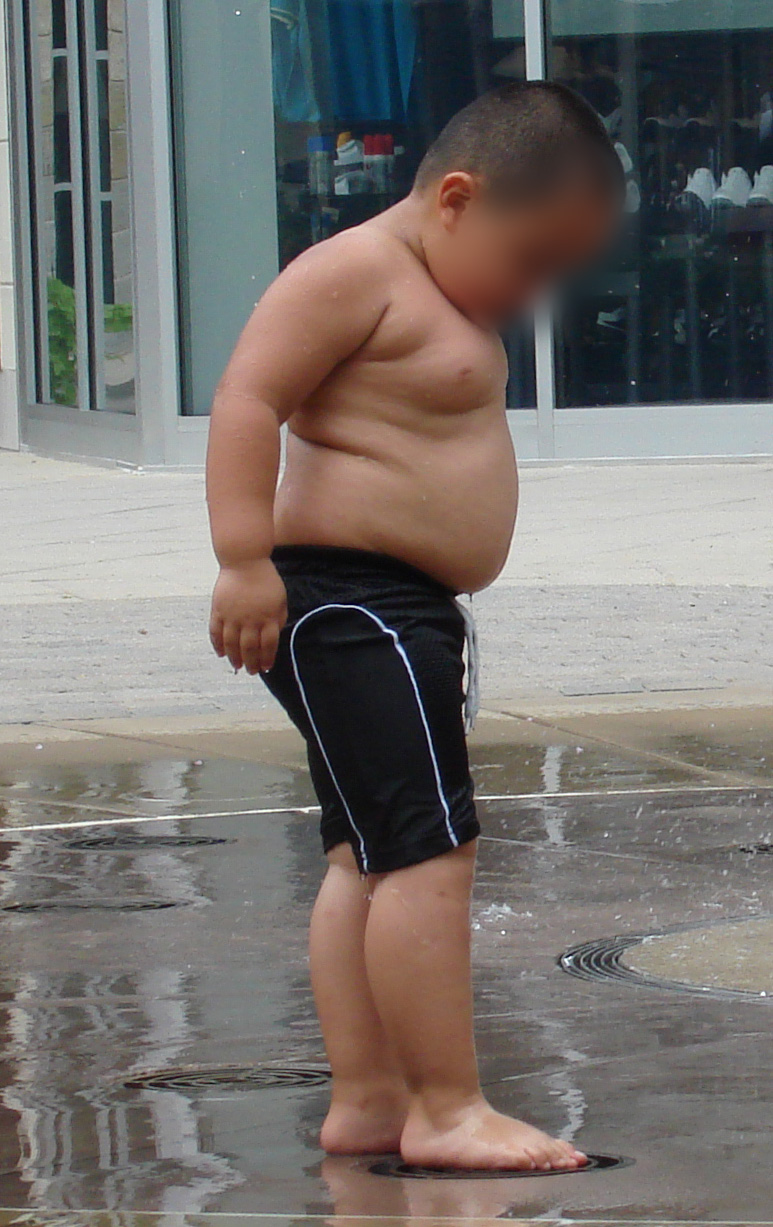
With the childhood obesity rate continuing to rise, you might be grappling with the difficult issue of talking to your children about weight loss. In a world that prizes certain body types, weight can be a sensitive subject, especially for teenagers. Does that mean you should refrain from commenting on your child’s weight, even in the face of legitimate health concerns? The body of research on this topic suggests that what you do can have a far more beneficial impact than what you say.
In a study published in June in the journal Eating & Weight Disorders, a group of 500 women in their 20s and early 30s were asked a series of questions about their body image and whether their parents made comments about their weight when they were younger. Women who could remember comments from their parents were significantly more likely to be unhappy with their current weight, whether or not they were overweight. It didn’t matter how often these comments were made—the overall effect, as one of the study authors noted, was “scarring.”
Another study found that among a group of several thousand 10-year old girls, 60 percent had been told by a parent, sibling, teacher or peer that they were “too fat.” Whether or not they were overweight at age 10, the girls who heard they were “too fat” were more likely to be obese by age 19.
All told, there’s a wealth of scientific evidence indicating that comments you make about your child’s weight can lead to “unhealthy dieting behaviors, binge eating and other eating disorders, and may inadvertently reinforce negative stereotypes about weight that children internalize.” When a parent tells a child that they’re overweight, the child may take this to mean there is something fundamentally wrong with them. Feeling judged in this way can stick with a child for years and lead to long-term self-esteem issues and even depression.
Rather than criticizing children or telling them they need to lose weight, parents should strive to create a home environment that promotes healthy behaviors. Is your fridge full of soda and processed foods? If so, you’re enabling poor eating habits and planting the seeds for future weight struggles. Make sure to pack nutritious lunches, keep fruits and veggies around for snacks, and cook at home as often as possible. Home-cooked meals tend to have less calories than takeout and are also opportunities for family bonding.
When it comes to helping your child maintain a healthy weight, don’t forget about exercise. Encourage your child to go outside and be active rather than spend free time staring at a computer or smartphone screen. If that doesn’t work, try organizing family walks or bike rides. Children will follow the example you set, so if you’re a couch potato then there’s a good chance your offspring will be too.
In the event that your child does bring up the topic of weight loss, make it clear that you’ll love them no matter what they weigh. However, you can add, if they would like some help in losing a few pounds, you can work together to come up with a game plan.